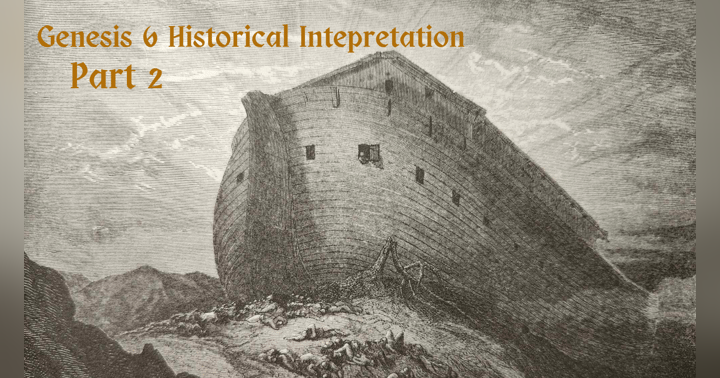Exile and the Formation of Israel
Understanding Exile
Exile is a profound experience that can have a profound impact on individuals and communities. It can be a time of great loss and suffering, but it can also be a time of growth and transformation.
The word "exile" comes from the Latin word "exilium," which means "to banish." Exile is the forced removal of a person or group from their homeland. It can be imposed by a government, a military force, or a natural disaster.
Exile can be a physical, emotional, or spiritual experience. Physical exile involves the forced removal of a person from their homeland. Emotional exile can occur when a person feels isolated or alienated from their community. Spiritual exile can occur when a person feels disconnected from their God or their faith.
Historical Significance of Exile for Israel
The Israelites were exiled from their homeland on two occasions. The first exile occurred in the 6th century BC, when the Babylonians conquered the Kingdom of Judah and destroyed the city of Jerusalem.
The second exile occurred in the 1st century AD, when the Romans destroyed the Second Temple and expelled the Jews from Jerusalem. This exile lasted for nearly 2,000 years, until the State of Israel was established in 1948.
The experience of exile had a profound impact on the Israelite people. It led to the loss of their homeland, their temple, and their political independence. It also forced them to confront their own identity and their relationship with God.
Impact of Exile on the Israelite People
The experience of exile had a profound impact on the Israelite people. It caused them to lose their political autonomy and their temple. It also led to a sense of cultural dislocation and a loss of identity.
In exile, the Israelites were forced to confront their own failures and their own sinfulness. They came to realize that their exile was a punishment from God for their disobedience. This led to a renewed commitment to God and to the Torah.
The experience of exile also led to the formation of a new Jewish identity. In exile, the Israelites came to define themselves not only by their relationship to their land, but also by their relationship to the Torah. This new identity helped them to survive the challenges of exile and to maintain their faith in God.
Lessons Learned from Israel's Exile
The experience of exile is a reminder that we are all exiles in this world. We are all alienated from our true home, which is in heaven. However, we can find hope in the promise of a future redemption. Just as the Israelites were eventually restored to their homeland, so too will we be restored to our true home in heaven.
The experience of exile also teaches us the importance of faith and community. In exile, the Israelites were able to survive and maintain their faith because they had a strong faith in God and a strong sense of community.
Finally, the experience of exile teaches us the importance of never giving up hope. Even in the darkest of times, we must never give up hope that God will restore us to our true home.
Conclusion: Exile and Identity Formation
Exile is a profound experience that can have a profound impact on individuals and communities.
The Israelites were exiled from their homeland on two occasions, and these experiences had a profound impact on their identity. In exile, they lost their political autonomy, their temple, and their cultural heritage. However, they also came to a new understanding of their relationship with God and with each other.
The experience of exile is a reminder that we are all exiles in this world. We are all alienated from our true home, which is in heaven. However, we can find hope in the promise of a future redemption.
Just as the Israelites were eventually restored to their homeland, so too will we be restored to our true home in heaven. In the meantime, we must never give up hope and we must always remember the importance of faith and community.
For more information on this topic, please listen to our related episode Exile and Forging Identity - Episode 068








